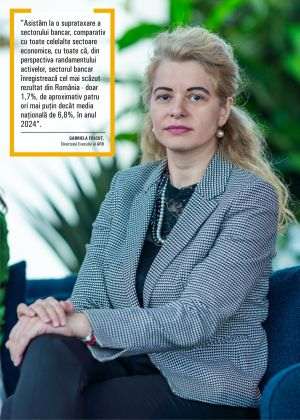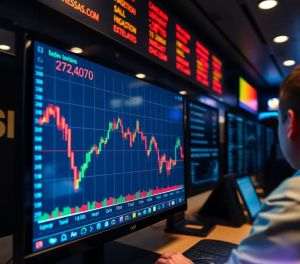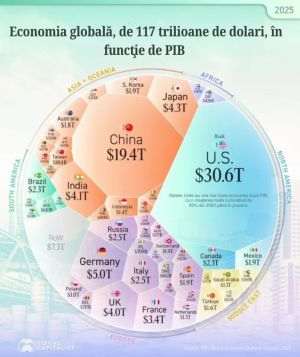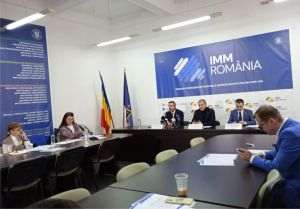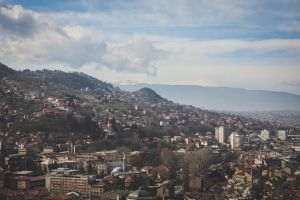Pope Benedict the 16th has announced his resignation starting with February 28th. Pope Benedict 16th says that he no longer has the "strength" needed to lead the Church due to his age (86 years). "The Pope has announced that he will abandon his office on February 28th, at 20:00. This is when the < sede vacante > (vacant seat) period will begin", spokesperson Federico Lombardi said, in an announcement which is unprecedented in the history of the Roman Catholic Church.
Pope Benedict 16th is recognized as a hot supporter of the European Union, of integrationism and globalization. The pope is also close to Herman van Rompuy, the president of the European Council. Through this resignation, the European construction seems to receive an even stronger blow, especially in these times of European crisis.
"After I reviewed my conscience before God repeatedly, I have come to the conclusion that due to my advanced age, my forces are no longer adequate to serve as a heir to Saint Peter", the Pope said in Latin, during the consistorium of the Vatican. The Pope also said that he is retiring "with full freedom" and "fully aware of the seriousness of this act". In a book/interview of 2010, the Pope spoke about the possibility of resigning if he felt unable to continue.
Speculations about the retirement have already appeared. Aside from the claims of dwindling health, there are also talks about the so-called image problems, some of them pertaining the financial irregularities at the Bank of the Vatican, presented by the international press, which are very hard to manage. About one year ago, the Institute for Religious Works, which manages the accounts of the religious orders and of the catholic associations, was investigated for dummy accounts, and the president of the bank was investigated in May. On the other hand, such episodes concerning the lack of transparency of the operations of the Bank of Vatican have constantly come up in the last 70 years. Since his appointment, Pope Benedict the 16th has faced the deepest crisis of the contemporary Church, that of a flood of revelations, in several countries in Europe and North America, of sexual abuses committed by clergymen on children, which were made worse by the "omerta" of the clergy. Criticizing harshly these "sins" and demanding zero tolerance, Benedict 16th explicitly asked the victims for "forgiveness" in June 2010.
In 2012, he was faced, within the Vatican, with a scandal concerning leaks of confidential documents, which lead to the arrest of his butler, Paolo Gabriele. The case can be interpreted as a symptom of the discontent and disagreements within the Curia.
The last pope to step down was Gregory the 12th (1406-1415), in order to end a schism. Other popes who abdicated were Clemens I, a pope between "88 and "97 and Celestino the 5th (August - December 1294).
Joseph Aloisius Ratzinger was born on April 16th 1927, in Bavaria and is the eighth German pope. At 19 he started studying Theology in college, at 24 he was ordained as a priest, and at 30 he became a priest with a PhD in Theology. In 1977 he was appointed cardinal. Benedict 16th was elected as the successor of April 19th 2005, as a successor of Pope John Paul the Second. He also serves as bishop of Rome and sovereign of the state of Vatican. He is the 265th pope in the history of the Roman-Catholic Church and the first German pope after 482 years. The last German pope was Adrian the 6th, between 1522-1523. Prior to his election as pope, cardinal Ratzinger was a dean of the college of cardinals, a prefect of the Congregation for the Doctrine of faith and president of the International theological pontifical commission.
Given this decision, in the month of March a new conclave will be held for the appointment of a new pope. "We should have a new pope for Easter", father Federico Lombardi, who added that a conclave would be organized within the 15-20 days after the resignation. Benedict 16th will not participate in the conclave, he will retire to a monastery within the Vatican, after taking a trip to the papal summer residence of Castel Gandolfo, near Rome. The cardinals participating in the Conclave will cast their vote through anonymous vote bulletins, bearing the word "eligo" (I choose). The votes will be counted by a commission comprising three members. In order to be elected, the new pope must receive two thirds plus one vote. When one of the candidates meets the necessary majority, the bulletins are mixed with dry straw and thrown in a furnace, and the white smoke coming out of the chimney announces to the crowds that a new pope has been elected.









